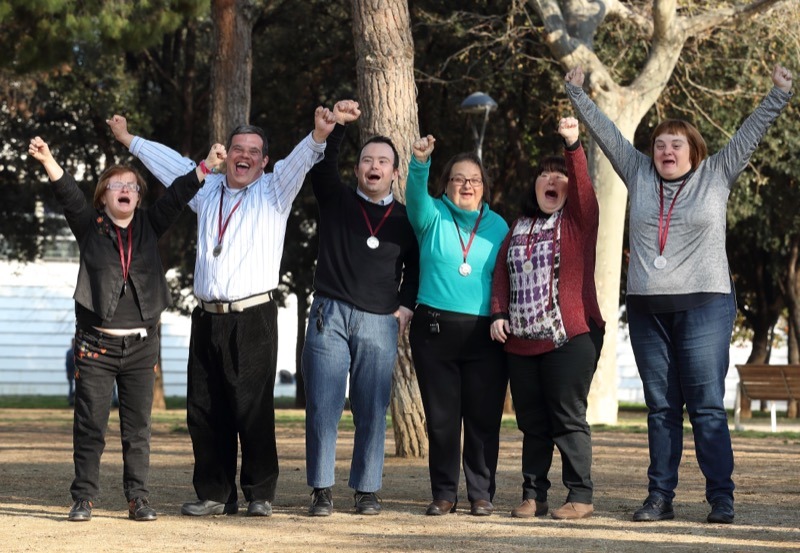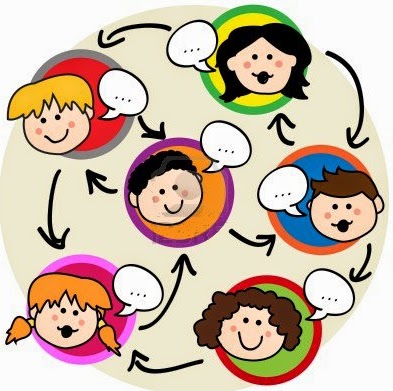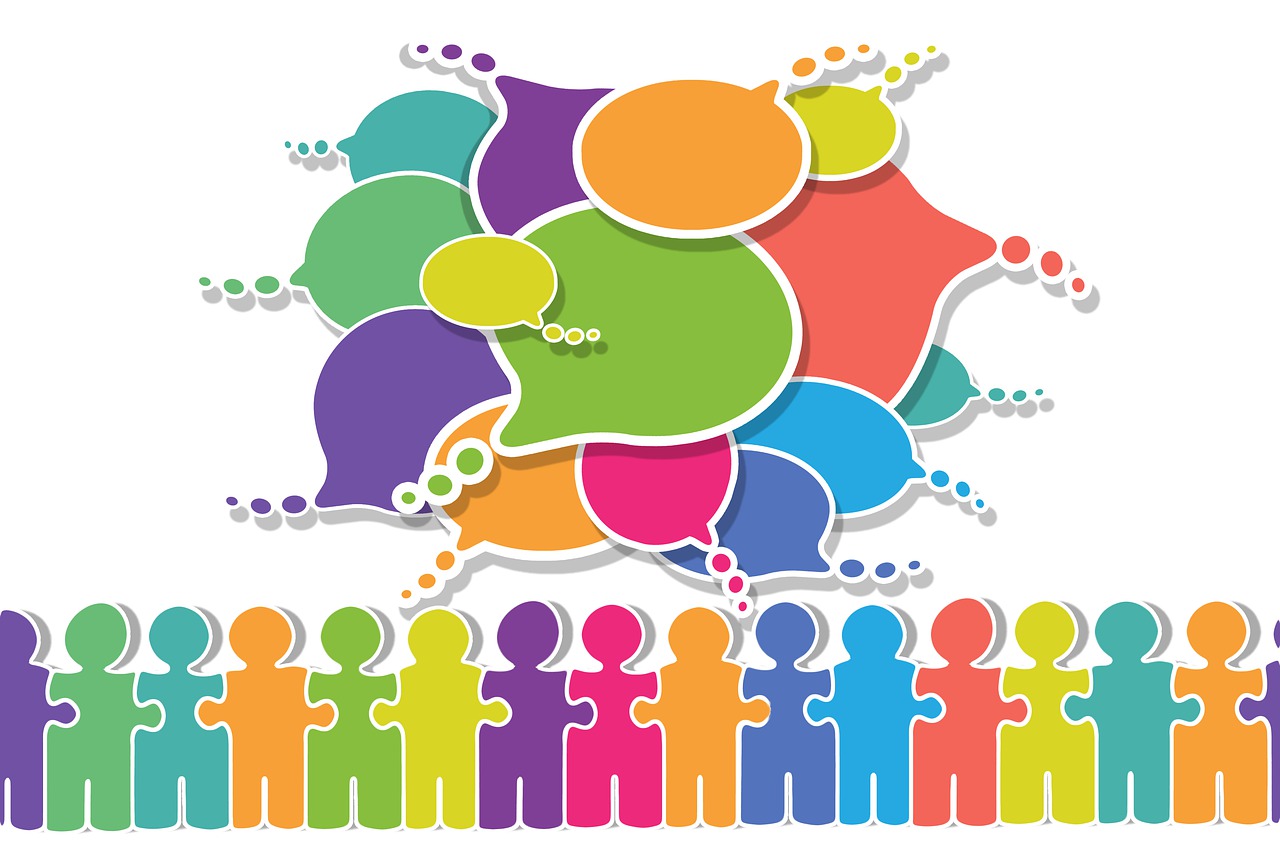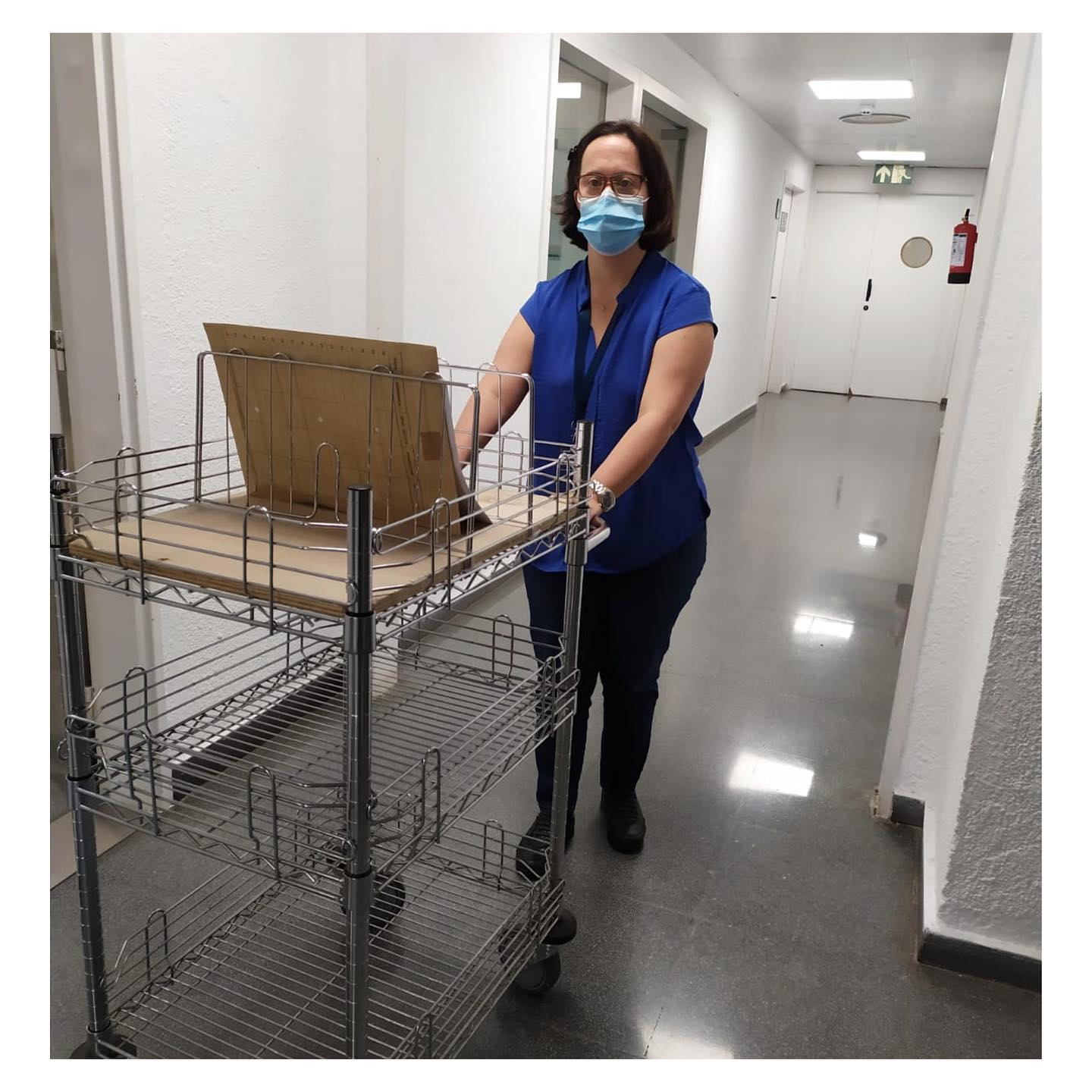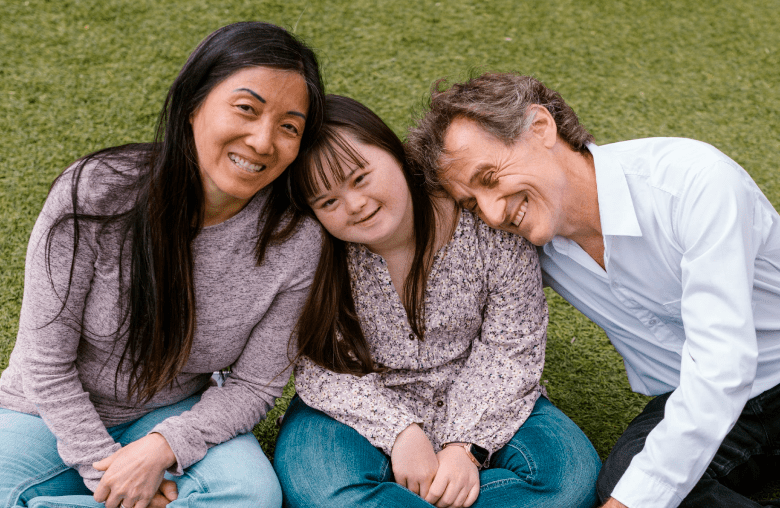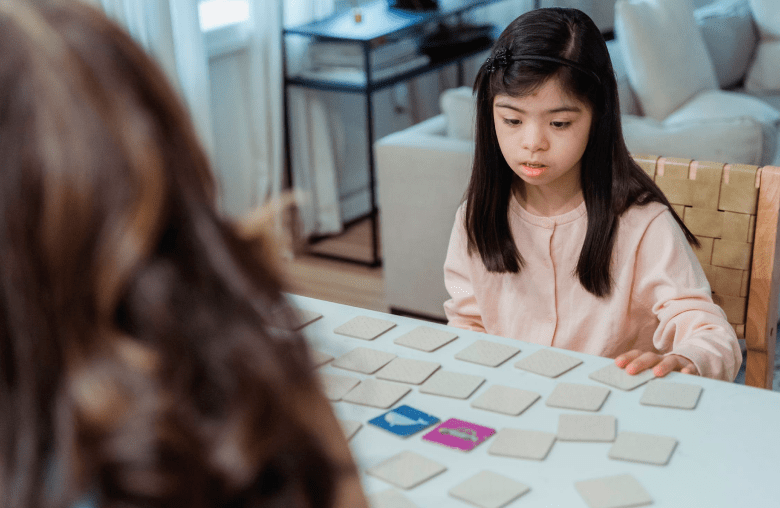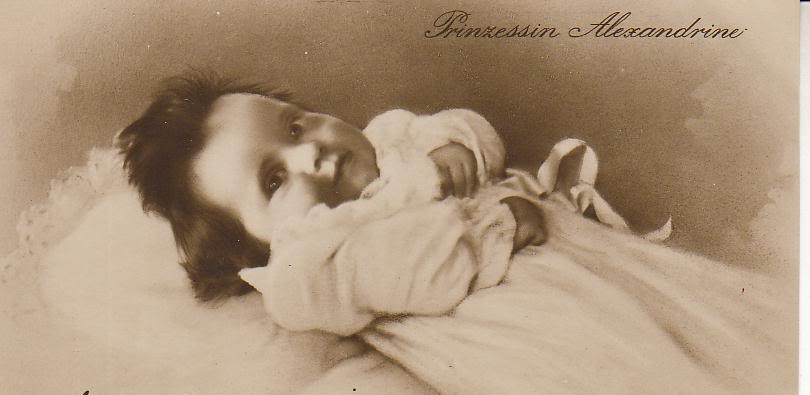Adapted sport consists of adapting a sport discipline to the needs of a person with a disability. In inclusive sport, instead, the person with a disability plays a sport recreationally alongside people without disabilities.
Inclusive sport promotes awareness, acceptance and respect for diversity, as well as healthy lifestyle habits, and is therefore one of the best ways to promote sport for people with disabilities. In this way, the benefits of sport and physical activity for people with disabilities can be encompassed in the following sections:
PHYSICAL: Improves and maintains physical condition (endurance, speed, strength, mobility) and coordination (orientation, balance, reaction, perception, adaptation, rhythm); prevents illnesses due to lack of mobility, and favours the safety and flexibility of the person with disabilities in their daily life.
PSYCHOLOGICAL-PERSONAL: Taking care of and working on values and personal aspects as important as self-esteem, self-improvement, independence, challenge, personal worth, freedom, desire to improve, responsibility, honesty, self-discipline, perseverance…
SOCIAL: Through sport and physical activity it is possible to promote fundamental aspects for the social development of the disabled person such as social skills, relationships with people in equal circumstances, following instructions and the rules of sport, cooperation, recognition, tolerance, loyalty, honesty, empathy, motivation, teamwork, etc.
COMMUNICATION: The increase in communication of the person with a disability is favoured thanks to his or her incorporation into social life through sport. It has a positive impact on their initiative and ability to choose, which is normally diminished by those around them.
INTEGRATION: As an end to this compendium of benefits that we have briefly listed and that as a whole leads us to a positive integration in an increasingly competitive community that sees how little by little this group is gradually advancing in their objectives: to be accepted and fully integrated in their community.
Inclusive sport aims to ensure that no person with a disability is excluded from the practice of sport, thus contributing to the improvement of their health and physical condition, as well as their quality of life and social inclusion.
Although in Spain there are no official data on the practice of sport by people with disabilities, we know that basketball is the sport most practised by people with intellectual disabilities. Moreover, this sport allows people with Down’s syndrome to train and play with people without disabilities. Information about basketball from an inclusive perspective is also scarce, which constitutes a difficulty in terms of training professionals in the sector, and access to real practical resources.
We understand sport as a right for all and an excellent setting to promote personal development that should aim to present opportunities for all. The fact of forming a team composed of players with intellectual disabilities who train and compete together, promotes that their opportunities to play sport and belong to a team are equal in relative terms to those of a person without a disability. This fosters a sense of inclusion in their social community because they will share facilities and resources with non-disabled athletes.
By carrying out an inclusive practice where players with and without disabilities practice together, we obtain positive results from the point of view of education in values, motivation and other more than relevant aspects resulting from this inclusive sport practice for athletes with disabilities. Studies have also been carried out that analyse the effects on non-disabled students from different points of view. The physical activity approach is ideal for instilling values. It has been shown that as a result of sporting coexistence and joint practice, the perception of non-disabled pupils of people with disabilities improves significantly.
Taking into account the circumstances of the team, it is positive to promote inclusive situations. In order to understand the different possibilities of sport practice and therefore approaches depending on space, time and interactions between players, a range of options or Black and Williamson’s “spectrum of inclusion” is presented below.
The sports coach must assess whether the inclusive strategies that he/she is carrying out are appropriate for his/her work group; therefore, it is proposed to observe the level of participation of players with and without disabilities, the level of motivation of each one, whether there is an evolution in the assimilation of content by all players, and whether the objectives that had been set are being met.
